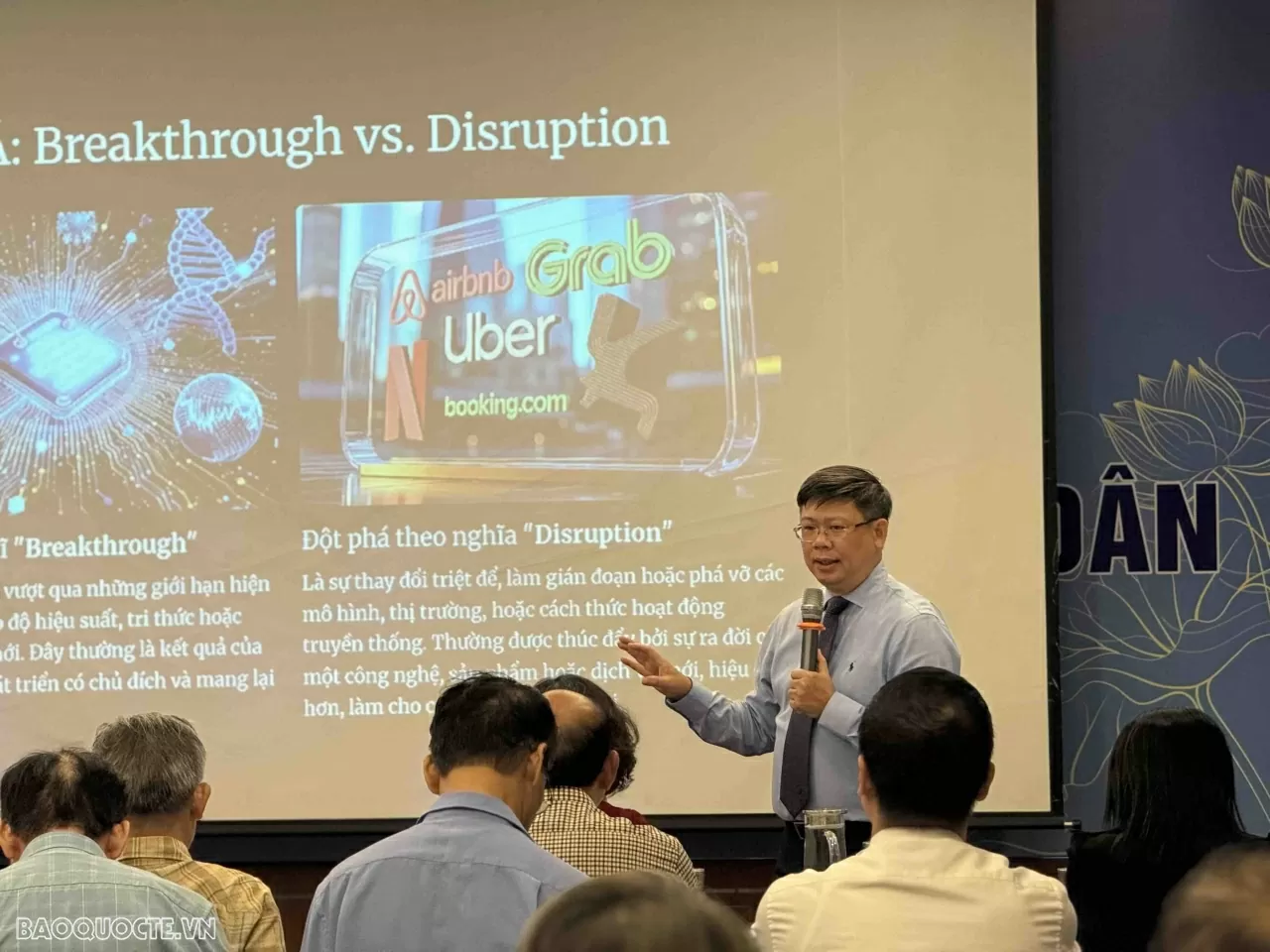 |
| Associate Professor Dr. Hoang Huu Hanh, Deputy Director of the Department of International Cooperation, Ministry of Science and Technology , presented a topic at the 2025 People's Foreign Affairs Information Conference. (Photo: Dieu Linh) |
Building an innovation ecosystem
Resolution No. 57-NQ/TW dated December 22, 2024 of the Politburo clearly stated: “Developing science, technology, innovation and national digital transformation is a top important breakthrough, the main driving force for rapidly developing modern productive forces, perfecting production relations, innovating national governance methods, and developing the economy and society”.
According to Associate Professor Dr. Hoang Huu Hanh, Deputy Director of the Department of International Cooperation (Ministry of Science and Technology), this is the first time that three key areas: science and technology, innovation and digital transformation - have been integrated into the same resolution of the Politburo and unified under the management of a ministry. Vietnam is among the group of less than 5% of countries in the world that clearly recognize the importance of this trio and know how to build a development ecosystem based on the combination of the three pillars. This is considered a strategic choice, a top priority for Vietnam to rise to become a rich and powerful country in the new era.
Currently, Vietnam is gradually forming an innovation ecosystem with key components such as enterprises, research institutes, universities, R&D centers, high-tech parks and startup programs. The government plays the role of institutional creation and strategic orientation, while enterprises are considered the central force promoting technological application and innovation.
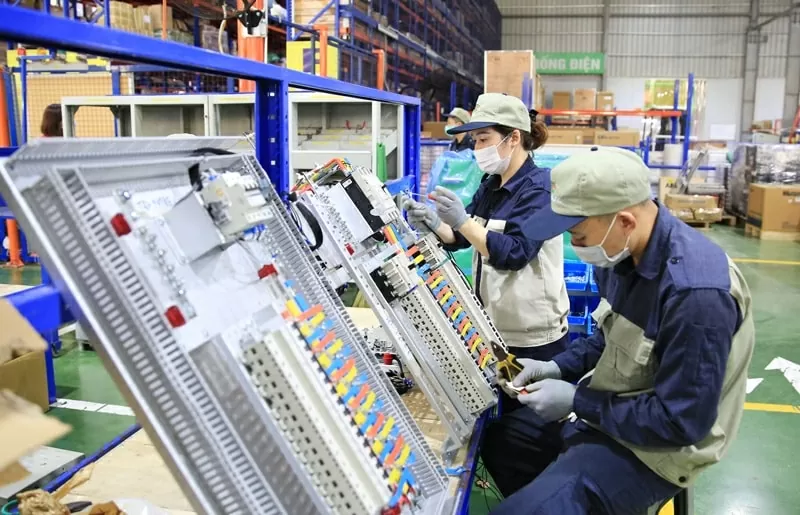 |
| Manufacturing electrical equipment at Asia Industrial Engineering Joint Stock Company. (Source: Hanoi Moi) |
To date, the country has more than 3,800 startups, ranking Vietnam third in Southeast Asia. Several international indicators also show clear progress in the technology sector: Vietnam ranks 71st in e-government (up 15 places in two years), and 17th globally in cybersecurity, reflecting its ability to improve and adapt to new technology trends.
According to the Global Innovation Index (GII) 2024 report, Vietnam ranked 44th out of 132 economies and 2nd in the group of lower-middle-income countries. Although investment in research and development (R&D) is currently only about 0.5% of GDP – one-third of the global average – the digital economy has contributed 18.3% of GDP and has a growth rate three times higher than the average GDP growth rate.
These figures demonstrate Vietnam’s significant efforts in enhancing its innovation capacity, while gradually shaping a new development model, towards an economy based on knowledge, technology and innovation. The private sector is playing an increasingly important role in this ecosystem, especially through technology investment, public-private partnerships and the development of open innovation models.
Promoting digital transformation in the new development model
Along with science - technology and innovation, digital transformation is identified as a new organizational model. According to Associate Professor Dr. Hoang Huu Hanh, the development of digital government, digital economy and digital society are three pillars that make up Vietnam's new development model in the digital age. This is not only a global trend but also a strategic direction to enhance competitiveness, optimize management efficiency and create new values in the entire socio-economic system.
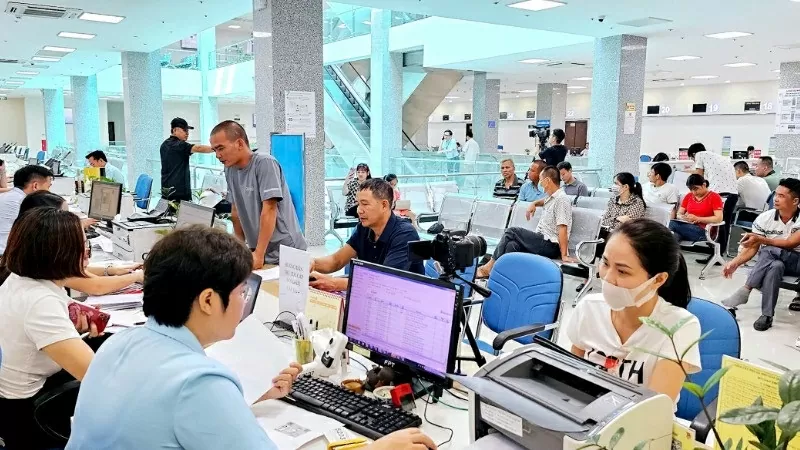 |
| Citizens come to work at the Quang Ninh Provincial Public Administration Service Center. (Source: Nhan Dan) |
The shift to a development model based on data, digital technology and innovation is creating profound changes in governance, production and service provision. Recent policies emphasize the role of data as a new type of asset, promoting the interconnection, sharing and exploitation of digital data on a national scale. To realize this, Vietnam is actively building a national digital infrastructure and gradually forming a data governance institution, aiming to ensure security, privacy and the ability to effectively exploit data for socio-economic development.
In the digital development model, people are considered the center, data is the resource and digital technology is the core tool. This approach allows for effective exploitation of the achievements of the fourth industrial revolution, while promoting governance innovation, increasing productivity and improving the quality of growth. Vietnam aims to build a synchronous digital infrastructure system, universal digital services and digital capacity for the entire population, in order to realize the goal of inclusive and sustainable development.
Associate Professor Dr. Hoang Huu Hanh emphasized that science - technology, innovation and digital transformation are three components that create a new growth model, contributing to the transformation of the development model from breadth to depth, from relying on resources and labor to relying on knowledge, technology and creativity. The development mindset based on productivity and efficiency is gradually replacing the growth model based on quantity and scale.
Combining the three-pillar strategy: New driving force for development
Vietnam’s development strategy aims to form and strengthen three key components: science and technology as the foundation, innovation as the driving force, and digital transformation as the organizational model. This approach reflects a long-term vision and proactiveness in international integration as well as the capacity to respond to new domestic and global challenges.
 |
| Hanoi ranks first in the country in the local innovation index. (Source: People's Army) |
In particular, science and technology play a fundamental role in engineering and knowledge to support production, management and decision-making. Innovation promotes the application of new technology, process improvement and competitiveness enhancement. Digital transformation is the process of reorganizing social and economic activities based on data, digital technology and comprehensive connectivity, towards a flexible, sustainable and adaptive development model.
Associate Professor Dr. Hoang Huu Hanh also pointed out three major goals in the development orientation: building an innovation ecosystem, increasing investment in research and development, and promoting a new organizational model based on digitalization. At the same time, he emphasized the role of international cooperation, mobilizing investment from the private sector and attracting high-quality human resources, especially young scientists and technologists and Vietnamese experts abroad.
By 2030, Vietnam aims to become a country with an independent and self-reliant economy based on science, technology, innovation and digital transformation. By 2045, it aims to become a developed country with high income, strong technological capacity and global position in a number of key areas.
It can be seen that Vietnam is proactively transforming itself towards development based on knowledge, technology and innovation. The trio of science - technology, innovation and digital transformation is not only a tool to support development but is gradually becoming the foundation, driving force and core development model. The harmonious combination of these three factors will create the premise for sustainable growth, enhance competitiveness and affirm the country's position in the era of globalization and digitalization.
Source: https://baoquocte.vn/khoa-hoc-cong-nghe-doi-moi-sang-tao-chuyen-doi-so-dong-luc-phat-trien-trong-ky-nguyen-moi-321592.html



![[Photo] Impressive display booths of provinces and cities at the Exhibition 80 years of the Journey of Independence - Freedom - Happiness](https://vphoto.vietnam.vn/thumb/1200x675/vietnam/resource/IMAGE/2025/9/7/cd63e24d8ef7414dbf2194ab1af337ed)

![[Photo] Prime Minister Pham Minh Chinh attends the 80th anniversary of the founding of Voice of Vietnam Radio Station](https://vphoto.vietnam.vn/thumb/1200x675/vietnam/resource/IMAGE/2025/9/7/abdcaa3d5d7f471abbe3ab22e5a35ec9)



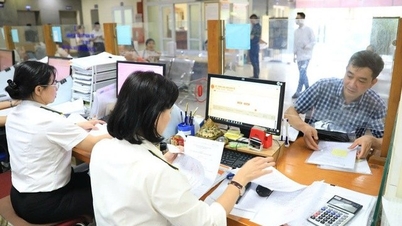

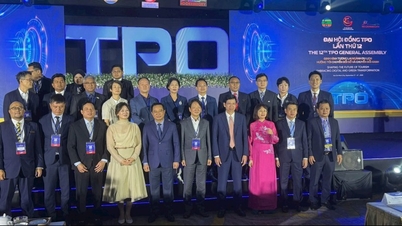




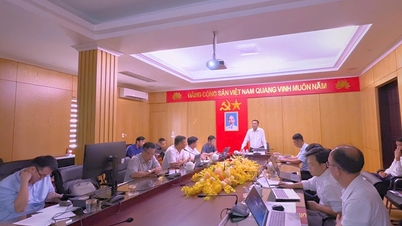





















![[Photo] General Secretary To Lam attends the 55th anniversary of the first television program broadcast](https://vphoto.vietnam.vn/thumb/1200x675/vietnam/resource/IMAGE/2025/9/7/8b8bd4844b84459db41f6192ceb6dfdd)


















![[Highlight] VIMC's mark at the National Achievement Exhibition](https://vphoto.vietnam.vn/thumb/402x226/vietnam/resource/IMAGE/2025/9/7/932133a54d8b4becad48ef4f082f3eea)






![[COMING UP] Workshop: Resolving concerns for Business Households about eliminating lump-sum tax](https://vphoto.vietnam.vn/thumb/402x226/vietnam/resource/IMAGE/2025/9/7/5627bb2d0c3349f2bf26accd8ca6dbc2)







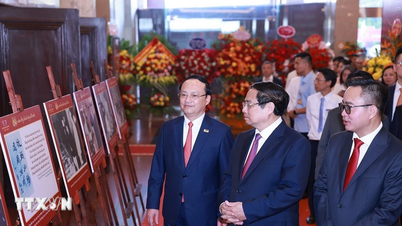

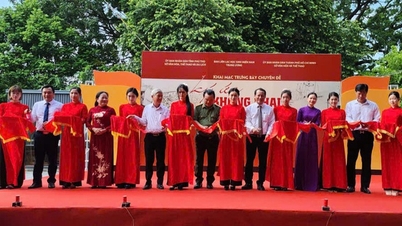
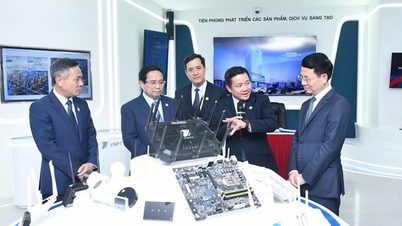

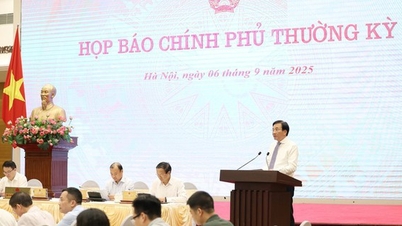


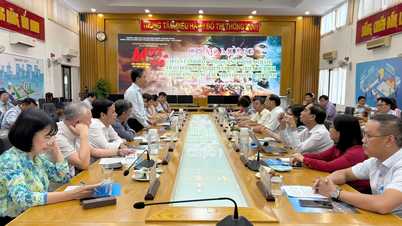


























Comment (0)